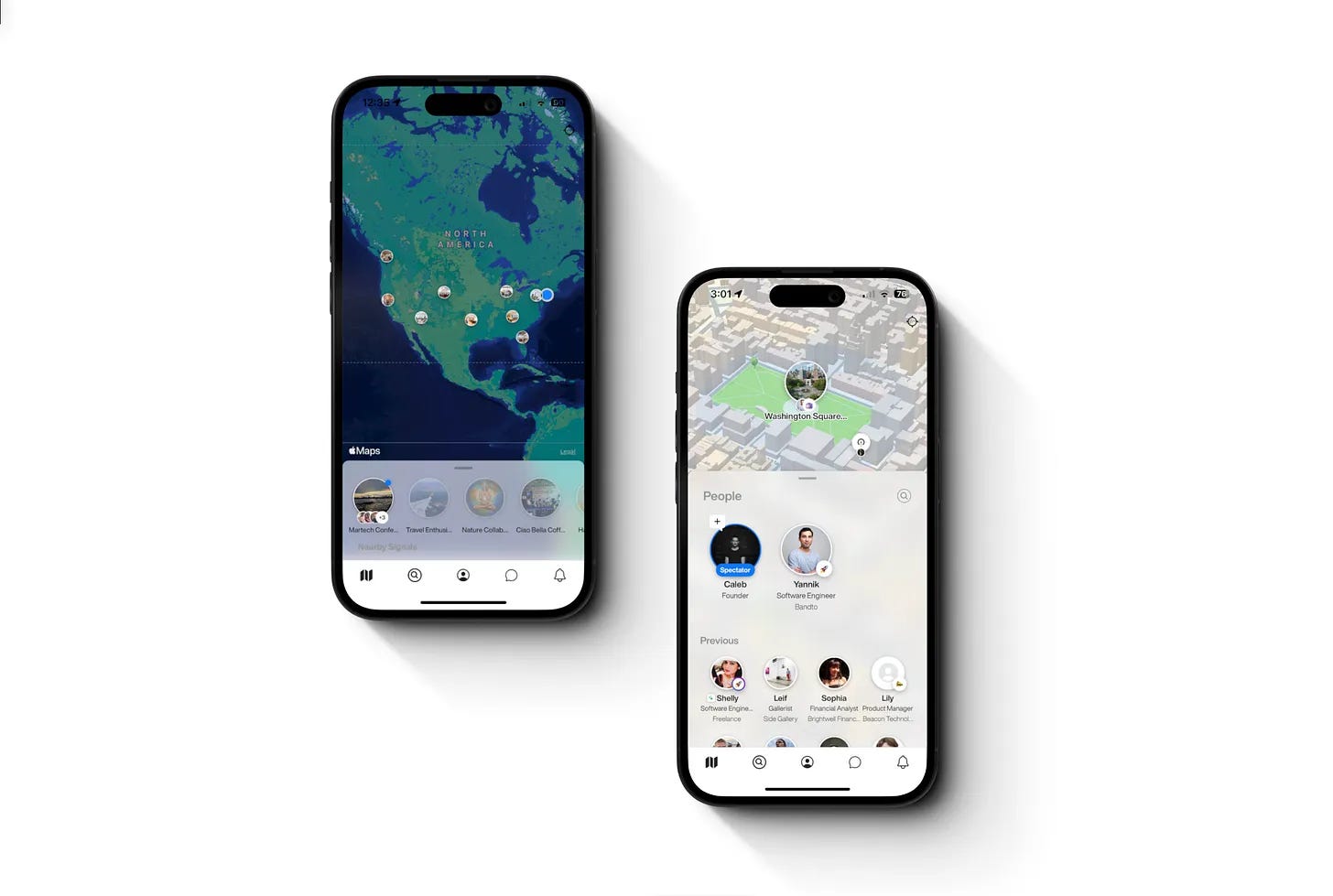Bandto was an AI networking tool.
The idea?
You should be able to walk into any room and instantly know who you should be talking to. (career-wise)
Simple, right? Supercharge human connection.
Meet the people you’re trying to meet in the places you’re already going.
I built it in ~3 months after recruiting the brilliant Noah Reece. Pre-ChatGPT.
Got it in the hands of a couple thousand people.
I tried to raise money during the “VC winter" of 2022-2023.
That didn’t work and ran out of money.
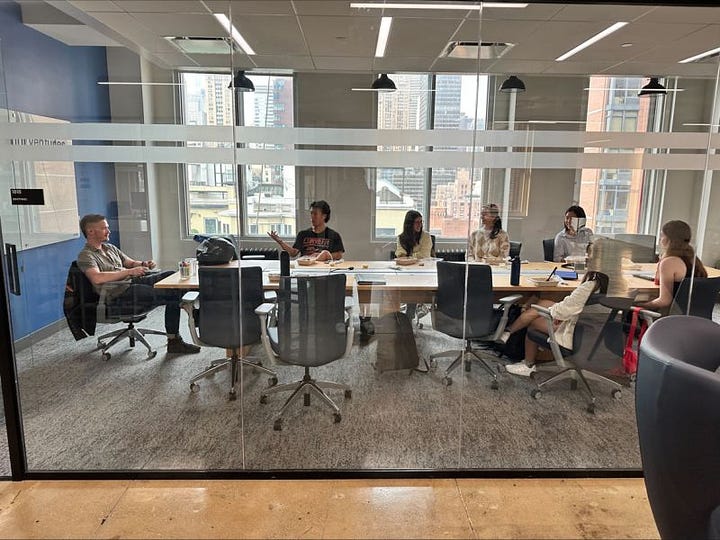
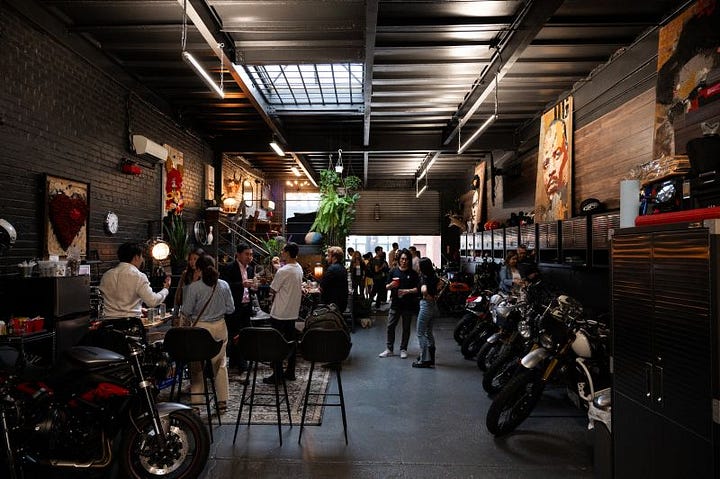
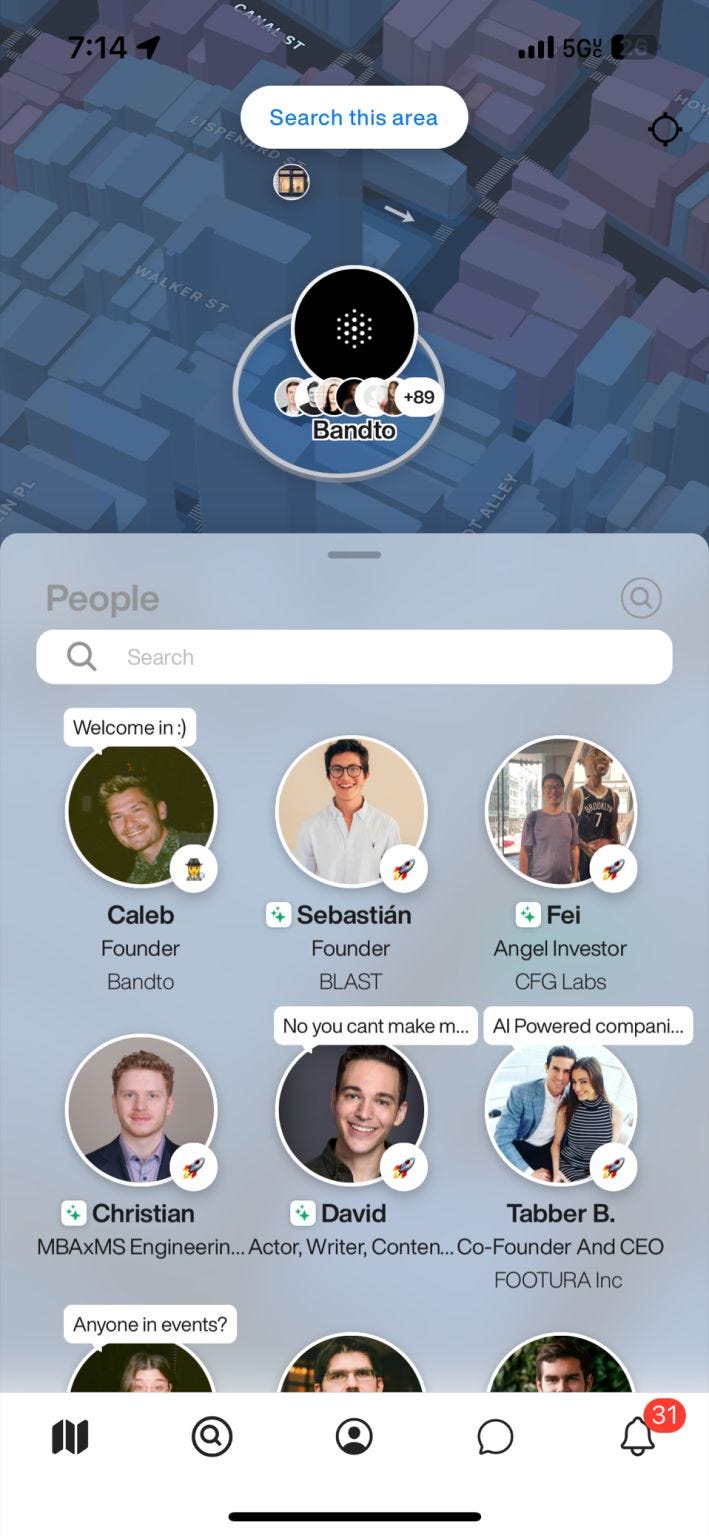
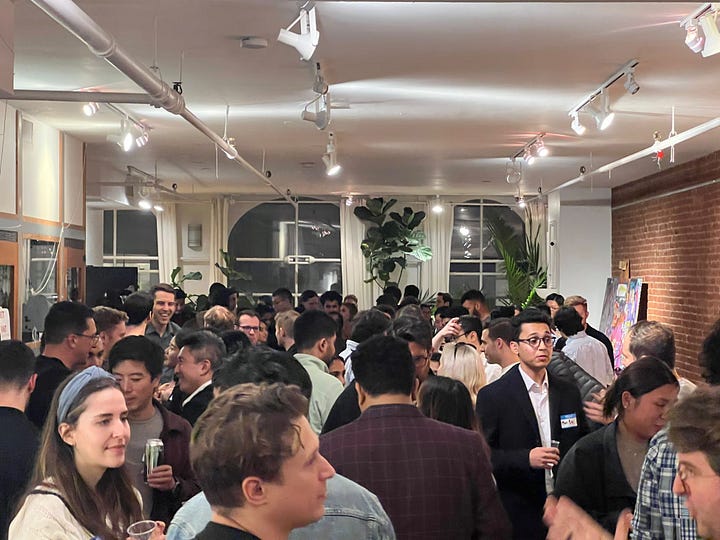
So here’s what I learned:
1. No on cares. You have to make them care. Again and again and again and agai....
2. Your number #1 job as a founder is to be a great communicator. #2 is to be a great builder. (I got those two backwards)
3. 99% of advice / opinions you'll receive are garbage.
4. Most people (not just investors) aren’t interested in true innovation.
Most people don’t want unicorns (disruptive breakthroughs that can return 100x, make the world a better place etc..), nor do they want workhorses (lifestyle businesses built for steady, predictable growth).
What they do want is the middle ground—racehorses—fast, high-upside bets that can return 10x. Why build a new game when you can cheat and win at the existing one?
If you've read any books on startups, you're familiar with the concept of "The Unfair Advantage."
Unfair Advantage examples:
Engineer.
Exploiting Data Without Repercussions – "We know how to access, scrape, package and/or repurpose data without getting caught or disrupted to optimize ad targeting while lowering costs and increasing extraction." (Adtech growth play)
Access.
Institutional Incubation – "My Ivy League University and professor funded my research, incorporation, and patent process in exchange for equity. After three years of R&D, we’re ready for outside investment." (University-backed IP commercialization)
Distribution.
Psychological Manipulation at Scale – "We built a system that preys on the developing minds of teenagers by stalking them on instagram, monetizing their dopamine loops in exchange for microtransactions." (Gas app, loot boxes, engagement-driven addiction models)
Long story short, I didn’t have an unfair advantage.
What I'm doing next & a few predictions:
It’s the Economy, Stupid!
This year I'm doubling down on building technology to improve our ability to participate in the economy.
Failing to raise money for Bandto was unfortunate but it instantiated my belief that the future of economic infrastructure will include but not be limited to:
1. Subscription service to train your own personal LLM on your identity which engages the marketplace for you, 24/7 365.
(Your consumer identity already does this to get you to buy things, this will get you to earn.)
2. Businesses will effectively cease to exist, AI allows for extremely cheap labor and automation, large workforces won’t make sense in most cases.
3. An objective-based marketplace will be created.
4. URL -> IRL [credit: Zehra Naqvi]. Technology that enables and supercharges Human convergence will be the next frontier for ambient computing and marketplace creation.
5. The future of War and Business will be the competition of AI.
Why?
Economic anxiety was arguably the deciding factor in the 2024 election.
The disconnect between strong economic indicators and the lived realities of millions of Americans is impossible to ignore.
Even as unemployment remained low, inflation cooled, and markets climbed, the “vibecession” [credit: Kyla Scanlon] reminded us that metrics don’t tell the whole story.
When people are left out of opportunity, the numbers simply don’t matter.
TikTok being banned or bought uncovers an important tautological concept: Content driven platforms are our communications and economic infrastructure. Tools in the toolboxes of Millions of Americans used to earn a living.
Tools that can be removed overnight.
Web 2.0 (Content Driven Platforms/Social Media) Solved the distribution problem.
If you solve the distribution problem, you are able participate in the economy.
The Distribution Problem (n.)
A fundamental challenge in economics, business, or information exchange characterized by the difficulty of efficiently connecting a product, service, or resource to the individuals, entities, or markets that need it. Often involves overcoming barriers of visibility, accessibility, and coordination so that supply effectively meets demand.
This underscores a critical issue: the systems for distribution are built for revenue extraction through attention captivation which is antithetical to productivity.
Our platforms revolve around monetizing attention, which directly contradicts genuine productivity. As AI and tech advance, the existential threat becomes clear:
we risk innovating ourselves out of an economy.
If labor is automated, no one earns money; if no one earns, no one spends—a stark and absurd scenario. Just look at America’s heartland or Chicago’s South Side after white flight—isolated and unfairly blamed when larger structural forces left them behind.
Our economy is a house of cards and the majority of human beings are at the bottom.
The populace is already struggling to operate under with the crushing cost to participate in society.
• Increased debt
• Diminishing ROI on higher education
• Outsourcing of manufacturing
• Increased cost of living
• Mandatory but inaccessible healthcare
We have a weight distribution issue.
As I look ahead to 2025, my focus remains clear: We must supercharge human connection.
Our professional identities only work when we do.
Our consumer identities are automated, and optimized. They work overtime.
We’re forced to work for technology—relying on content farming, self-commodification, and events apps—rather than having technology work for us, constantly, instantly.
This is the productivity crisis no one is talking about.
I believe the solution lies in equipping every human being with their own LLM to train on their identity and put to work to earn for them.
We do this by supercharging the basis of our economy: human objective.
This year I’ll be building an objective-based marketplace to make opportunity visible and actionable.
Technology should empower people to connect, earn, thrive, and discover the world around us—not just entertain and extract. We need to reimagine how we build relationships with people and earn a living, how opportunity is distributed, and how technology serves the us.
We must move beyond short-term fixes and build the infrastructure for long-term economic participation and resilience.
The future isn’t just something we inherit—it’s something we build.
Interested? Let's talk.


